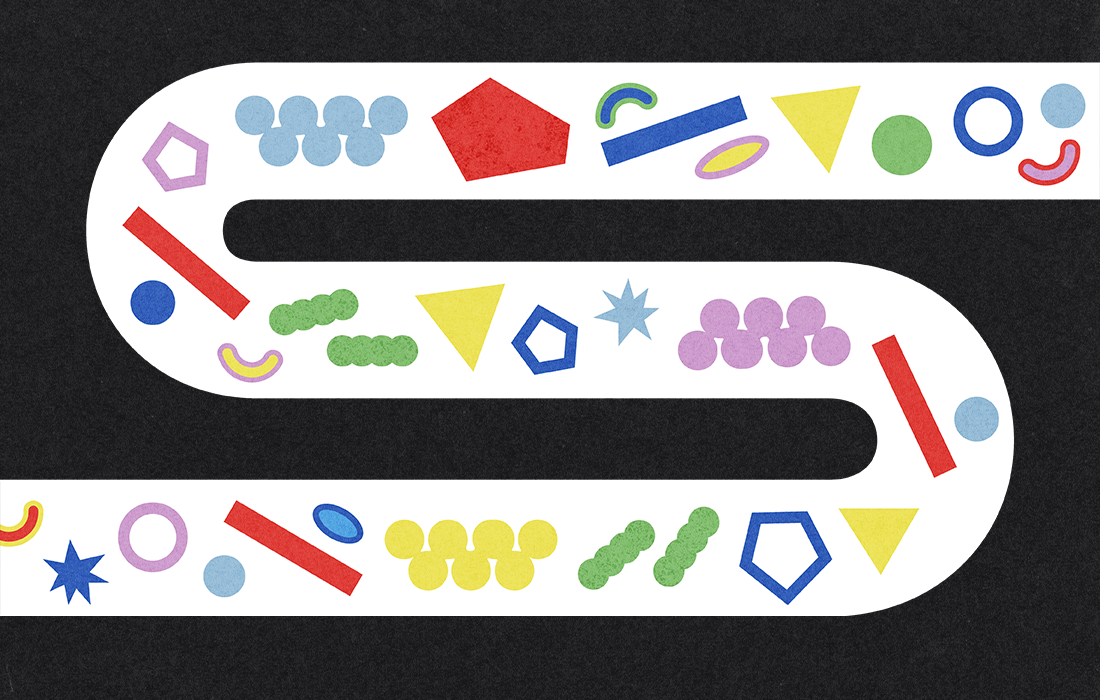
Amidst the stressors of university life, students may be prone to higher levels of depression and anxiety. A remedy to these issues may surprisingly be the gut microbiome, which is often overlooked for its significant impact on mental health.
The gut microbiome is a collection of 100 trillion microorganisms from thousands of different species that live in the digestive tract. Composed of both good and bad bacteria, the gut microbiome is widely known for aiding in digestion, regulating the immune system, absorbing nutrients and synthesizing certain vitamins.
Another key function of the intestinal microbiome is its influence on our mental wellbeing. This positive feedback loop between gut and brain health means they rely on each other to maintain a healthy balance both in physical and mental health.
However, this balance can sometimes be thrown off, so it is important to know the different factors that impact the gut-brain axis.
The gut-brain axis refers to the bidirectional relationship between the central nervous system in the brain and the enteric nervous system in the gut. This close relationship facilitates the production of neurotransmitters from the gut and their transport to the hypothalamus and limbic system within the brain.
The hypothalamus regulates the body’s internal balance while the limbic system plays a role in behavioural and emotional responses. It is because of this direct relationship that the gut is sometimes referred to as the body’s second brain.
The intestinal microbiota, which constitutes both beneficial and harmful bacteria residing in the gut, is largely dependent on genetics and environment but can be impacted by other factors.
Possibly the most common factor is diet. The intestinal microbiota is directly impacted by the food we eat and is specifically influenced by three dietary elements — prebiotics, probiotics and antioxidants. Thus, foods containing these dietary elements contribute to a healthy microbiota.
Prebiotics are carbohydrates that the body’s enzymes can’t break down. The bacteria in the digestive tract uses prebiotics as fuel to help ferment food faster and reduce the time it spends in the digestive system. Foods that contain prebiotics include many types of fruits, vegetables and whole grains like apples, asparagus and barley.
Probiotics are live yeasts and good bacteria that contribute to the diversity of the intestinal microbiota. Foods that contain probiotics include items such as yogurt, soft cheeses and fermented cabbage like sauerkraut or kimchi.
Antioxidants are compounds that help neutralize harmful free radicals in the body and help boost the immune system. They are found in foods such as spinach, blueberries or dark chocolate.
When a healthy gut microbiome is maintained, it can contribute to regular bowel movements, uninterrupted sleep and higher immunity against disease.
It can also provide mental health benefits like an improved mood and less anxiety and depression.
Another factor impacting the condition of the gut microbiome is a high amount of stress. Activities that involve spikes in the stress hormone cortisol like a heavy academic load or reduced sleep can contribute to an imbalance in the gut microbiome. Imbalances can appear as abdominal bloating, delayed digestion, higher levels of depression and chronic fatigue.
As students, it is common to face many academic, financial and social challenges that can contribute to higher levels of stress. These stressors can make for a poor diet and sleep quality and can ultimately reinforce unhealthy relations through the gut-brain axis.
So, it is important to remember that there is a direct connection between the gut and the brain. When trying to understand deteriorating mental health, the answers might be hidden in the trillions of little microbes living in your gut.
—
Rayyann Haque | Staff Writer
Graphic: Jaymie Stachyruk | Graphics Editor
Leave a Reply